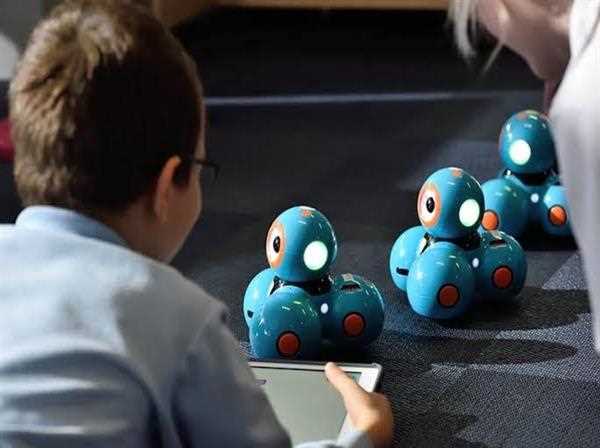Coding robots, or educational robots that teach children coding skills, are becoming increasingly popular in classrooms and homes around the world. While the primary purpose of coding robots is to teach coding and computational thinking skills, they may also have a positive impact on children's mental health.

Studies have shown that coding robots can have a positive impact on children's mental health in a number of ways. For example, coding robots can provide children with a sense of control and mastery over a task, which can help to build their self-esteem and confidence. By learning how to code and program a robot, children can see the tangible results of their efforts, which can be a powerful motivator and boost their sense of accomplishment.
In addition to building self-esteem and confidence, coding robots can also help to develop important social-emotional skills in children. For example, working with a robot can help children to learn how to collaborate and communicate effectively with others, as they must work together to program and operate the robot. Coding robots can also help to develop problem-solving skills, as children must learn to think critically and creatively in order to solve coding challenges.
Furthermore, coding robots can provide a fun and engaging way for children to learn and practice mindfulness and relaxation techniques. Many coding robots are designed with calming and soothing features, such as soft colors, gentle sounds, and smooth movements. These features can help to create a peaceful and calming environment, which can be beneficial for children who may be experiencing stress or anxiety.
Moreover, coding robots can offer children a sense of companionship and emotional support. Many coding robots are designed to be interactive and responsive, which can help children to feel less lonely or isolated. This can be especially important for children who may be experiencing social or emotional difficulties, as the robot can provide a non-judgmental and supportive presence.